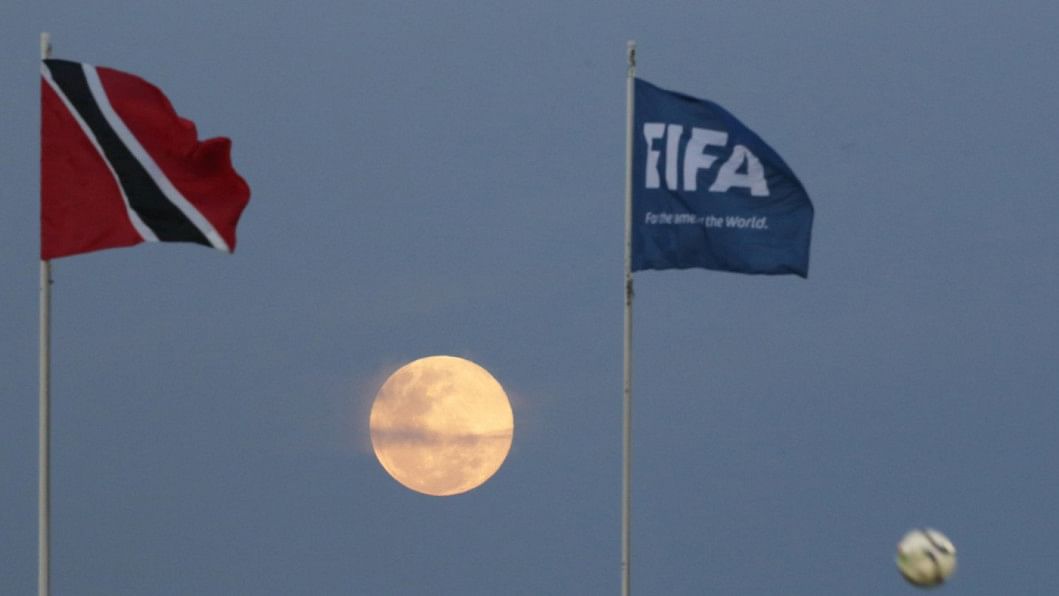FIFA changes means no rival yet for North American World Cup bid

The bidding process has yet to begin but the joint proposal from the United States, Canada and Mexico to host the 2026 World Cup is already the heavy favourite to win.
A series of decisions made by the sport's governing body FIFA, since the scandal over the voting for the 2018 and 2022 editions, have loaded the dice heavily in favour of the North American bid.
In October, FIFA's ruling body decided that no country could bid for the 2026 hosting if their continental confederation had hosted one of the two preceding tournaments.
The controversial 2010 decision awarded 2018 to Russia and 2022 to Qatar meaning, unless there is a major change of heart from FIFA, no European or Asian country can compete with the North American bid.
That leaves Africa, South America and Oceania as potential bidders, but no candidate has emerged so far, although the Confederation of African Football has talked, in vague terms, about a possible Moroccan bid.
FIFA have also voted to expand the World Cup to 48 teams for the 2026 edition, requiring more facilities to handle the increase to 80 games, while also opening the door to joint bids.
FIFA had been against joint bids since the only time such an approach was tried in 2002, when South Korea and Japan held the month-long event, but the organisation's president Gianni Infantino has been vocal in his support for the idea.
The U.S, with its many modern stadiums, mainly used by the National Football League (NFL), has the capacity to host an expanded tournament alone but Infantino's opening to multi-national hosting provided a handy political solution for U.S. Soccer Federation president Sunil Gulati.
Gulati, who is also a FIFA council member and played a key role in helping Infantino win the presidency of FIFA in February, 2016, is a wily operator and by bringing Mexico and Canada into his bid has eliminated from the process two potential rivals.
Mexico has hosted twice before, in 1970 and 1986, but had made noises about a solo bid and Canadian Soccer Federation president Victor Montagliani, who is also a FIFA vice-president and president of regional confederation CONCACAF, has long talked of his country eventually hosting a World Cup.
A split within the CONCACAF region could have encouraged other potential bidders, but although Canada and Mexico will only get ten games each, they will share in the glory and their support helps the North American bid look so formidable at this stage.
There are however some potential pitfalls for Gulati's effort to achieve what he could not manage in 2010 when a solo U.S bid was beaten by Qatar.
Some in FIFA may be reluctant to let Mexico have a third World Cup when so many countries have yet to enjoy the tournament even once. The violence of Mexico's 'drug wars' may also be a concern to some FIFA voters.
The political rhetoric of U.S. President Donald Trump regarding immigration and travel from certain Muslim-majority countries could also play on some minds.
There are also some in FIFA who are unhappy at the leading role the U.S. Department of Justice and FBI played in investigating FIFA corruption and arresting several FIFA figures.
And while soccer has grown in popularity in the United States since the country's hosting of the 1994 tournament, the sport remains outside of the mainstream, still overshadowed by American football, basketball and baseball.
But FIFA's recent financial troubles mean the huge revenue potential of a North American tournament will be very attractive to Infantino and the leadership.
And so far, in the post-scandal FIFA, what Infantino has wanted, he has received.









Comments